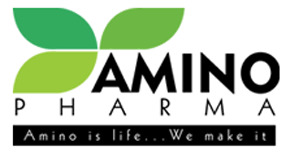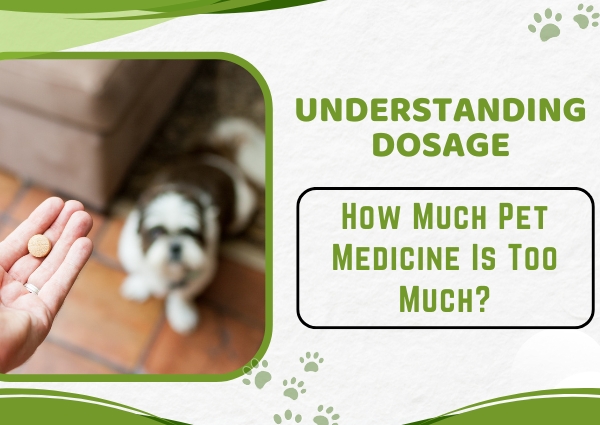At Amino Pharma , we believe that understanding proper dosage is the key to safe and effective pet care. By exploring why dosage matters, what factors affect it, and how overdosing can be prevented, pet owners can play an active role in protecting their pets’ health.
Why Dosage Matters in Pet Medicine
The dosage of veterinary medicine is carefully calculated to ensure that pets receive just enough of the active ingredient to treat their condition without causing harm. Every medication has a therapeutic window—a safe range where the medicine works effectively. If a pet receives less than the recommended dose, the illness may persist or worsen. On the other hand, exceeding the safe range can overwhelm the pet’s body, damaging vital organs such as the liver or kidneys.
Unlike humans, pets metabolize drugs differently depending on their species, breed, size, and health condition. This makes accurate dosing even more important, as a safe amount for one animal may be dangerous for another.
Factors That Influence Dosage
When veterinarians prescribe medication, they consider a range of factors before deciding on the correct dose. Weight is the most obvious factor, but it’s not the only one. A 5 kg cat, for example, will need a vastly different dose compared to a 30 kg dog. Age also plays a role, as younger pets metabolize drugs faster, while older pets may have weaker organs that can’t process medications as efficiently.
Other factors include:
- Species differences – Cats, dogs, rabbits, and birds all metabolize medications differently.
- Health conditions – Pets with kidney or liver disease may require adjusted doses.
- Type of medication – Some medicines have a wide safety margin, while others require precise measurements.
- Frequency of dosage – Giving medication too frequently, even at the right dose, can lead to accumulation and toxicity.
The Risks of Overdosing
Overdosing on pet medications is more common than many owners realize. Sometimes it happens by accident—when a pet consumes unattended medicine—or when well-meaning owners double a dose, thinking it will help their pet recover faster. Unfortunately, the consequences can be severe.
Signs of overdose may include vomiting, diarrhea, excessive drooling, seizures, lethargy, loss of coordination, or difficulty breathing. In extreme cases, overdosing can result in organ failure or death. If an overdose is suspected, prompt veterinarian care is essential.
At Amino Pharma, our formulations are designed with safety in mind, but even the safest medicines must be given with care and precision.
Underdosing: The Other Side of the Problem
While overdosing is dangerous, underdosing is also a problem. Giving your pet too little medication may not seem harmful, but it can lead to ineffective treatment. For example, underdosing antibiotics can allow bacteria to survive, adapt, and become resistant, making future infections harder to treat.
This is why following the veterinarian’s prescription to the letter is essential. Cutting doses in half or skipping treatments can compromise your pet’s recovery.
The Importance of Veterinary Guidance
Self-medicating pets is one of the biggest mistakes owners make. Human medications, in particular, can be toxic to animals even in small amounts. Painkillers like ibuprofen or paracetamol, which are safe for people, can cause severe poisoning in pets. This is why consulting a veterinarian before administering any medicine is non-negotiable.
Veterinarians have the training to calculate the right dosage based on all relevant factors. They also monitor pets for side effects and adjust doses if necessary. By working closely with your vet and trusted brands like Amino Pharma, pet owners can ensure that their pets receive safe, effective treatment.
How to Prevent Dosage Mistakes at Home
Pet owners can take several steps to avoid accidental overdosing or underdosing:
- Always follow the vet’s prescription exactly.
- Use measuring tools like syringes or droppers instead of guessing.
- Store medicines safely, out of pets’ reach.
- Keep a record of when doses are given to avoid duplication.
- Never give human medicine to pets without veterinary advice.
These simple precautions can make a huge difference in keeping pets safe during treatment.
Amino Pharma’s Commitment to Safe Pet Healthcare
At Amino Pharma, we understand the challenges pet owners face in managing their pets’ health. That’s why we focus on creating veterinary medicines that are effective, safe, and easy to administer. Our commitment extends beyond products—we also aim to educate pet owners about best practices in medication use, ensuring every pet gets the right care at the right dose.
When it comes to pet medicine, the right dose is always the best dose.

